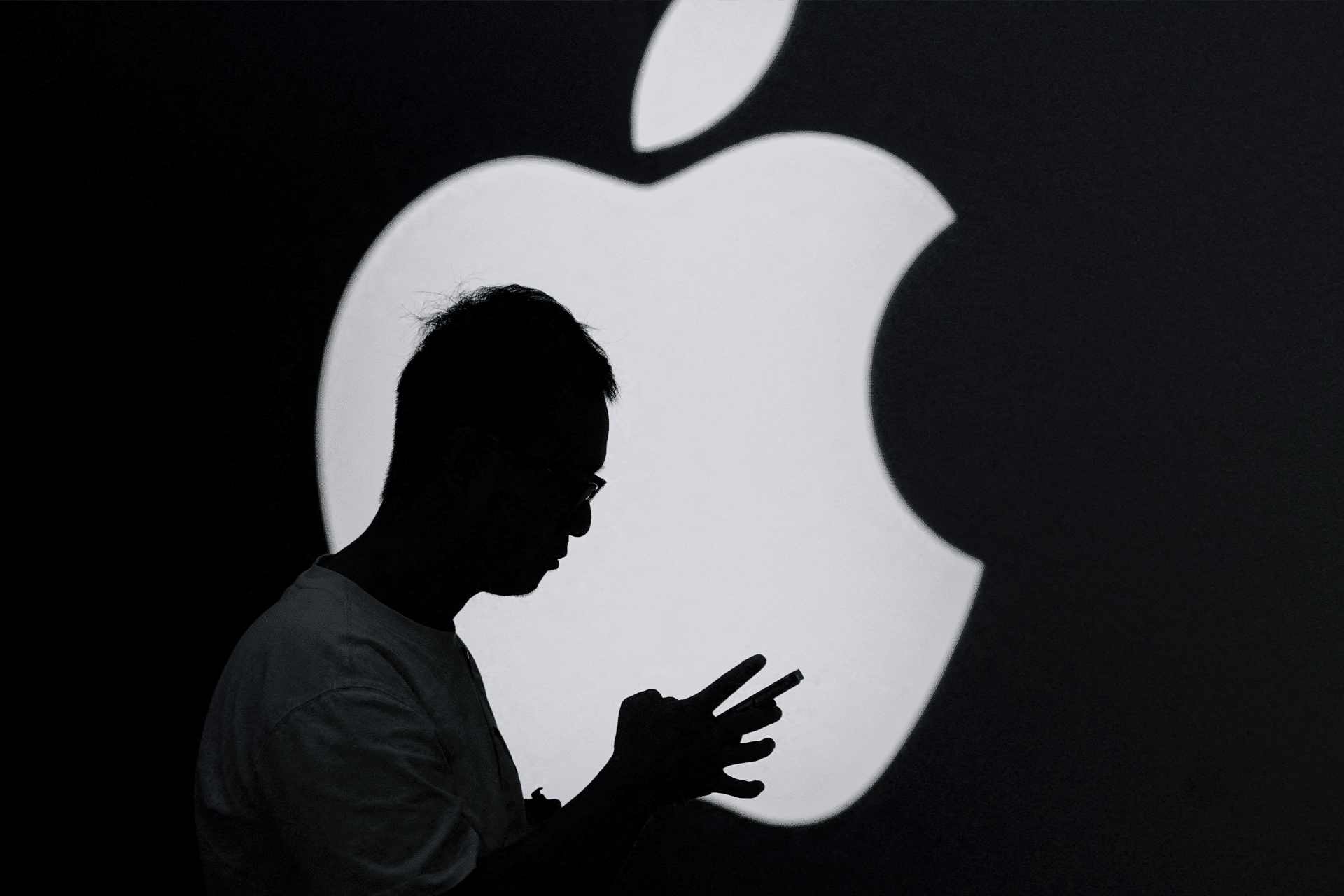Apple is reportedly set to earn billions of dollars through a new agreement with WeChat, according to a report highlighted by MacRumors. The deal centers on how WeChat handles transactions on iOS devices, with Apple now positioned to take a portion of certain revenues generated through the platform. The arrangement marks a significant shift for both companies and could reshape how Apple participates in China’s mobile services economy.
WeChat, operated by Tencent, is the largest super-app in China, offering messaging, mobile payments, mini-apps, digital storefronts and financial services. Historically, WeChat’s vast economic activity has taken place largely outside of Apple’s revenue models, particularly in cases where transactions did not involve the App Store or in-app purchases subject to Apple’s commission rules.
The new agreement appears to change that dynamic. The report suggests Apple will now receive compensation tied to revenue generated on WeChat’s iOS platform, allowing Apple to capture value from an ecosystem where it previously saw limited financial participation.

A New Phase in Apple’s China Services Strategy
China remains one of Apple’s most important global markets, but the company’s service revenue in the region has long been limited by the dominance of local platforms like WeChat. By establishing a formal financial arrangement with Tencent, Apple gains access to a major revenue channel that has traditionally been closed off due to China’s unique platform environment.
The structure of the deal has not been publicly disclosed, but it follows years of negotiations over commissions, platform rules and compliance expectations in the region. Apple and Tencent have historically had a complicated relationship regarding in-app purchases and payment routing. The updated arrangement indicates a move toward greater alignment between the companies.
Implications for WeChat Transactions on iOS
While details remain limited, the new agreement may affect how developers and businesses operate within WeChat’s ecosystem on Apple devices. Mini-programs — lightweight apps embedded within WeChat — drive huge volumes of commerce and digital services. Under previous conditions, these mini-programs largely operated outside of Apple’s transactional framework.
The reported deal suggests Apple will now receive a share of revenue connected to certain activity on WeChat for iOS, bringing the platform closer to Apple’s standard rules while avoiding the disruptions that might occur if Apple attempted to force App Store-style structures on the super-app format.
A Move That Reflects Growing Regulatory and Market Pressures
The timing of the agreement aligns with shifting regulatory environments in both China and the United States. Technology companies are increasingly adapting their business models to meet evolving competition laws, digital-market regulations and local compliance frameworks. The arrangement may help Apple and Tencent address ongoing questions around platform fairness, payment routing and revenue transparency.
The deal also gives Apple a stronger foothold in an area where local players maintain overwhelming dominance. In a market where iPhones remain premium devices but services face stiff competition, the ability to participate in WeChat’s economy represents a strategic gain.
How the Deal Fits Into Apple’s Broader Growth Outlook
Services remain one of Apple’s fastest-growing business segments, contributing significantly to its global revenue model. While regions like North America and Europe dominate that growth, China has historically been a challenging environment for Apple’s service expansion because local ecosystems run on non-Apple platforms.
The new agreement offers a path forward that allows Apple to benefit from local economic activity without needing to restructure WeChat’s model or displace entrenched user behavior. It also positions Apple to benefit from long-term service trends in China as digital transactions and mini-program usage continue to expand.
Although the specifics of the arrangement have not been officially confirmed, the reporting indicates a substantial financial opportunity for Apple and a major shift in how two of China’s most influential tech ecosystems interact.









